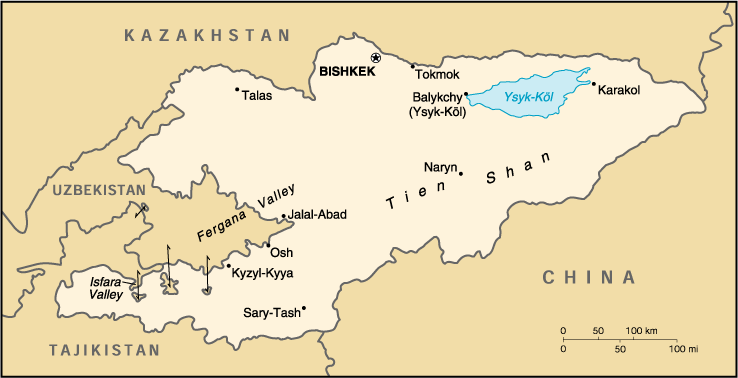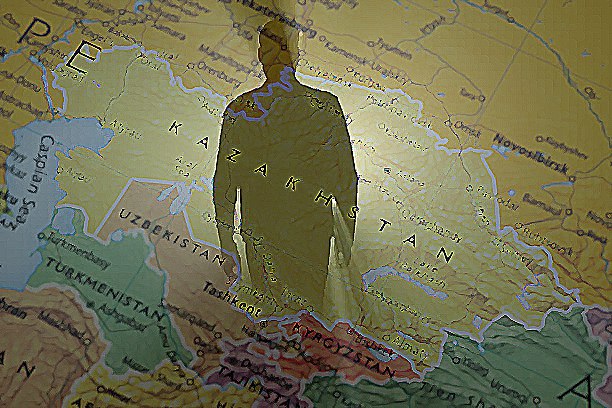Kyrgyzstan Tries Again to Compose a New Anthem
Kyrgyzstan’s national anthem, slated for an overhaul, isn't going into retirement just yet. Earlier this year, the government said it would hold a contest to select a new anthem to replace the one that was introduced in 1992, soon after Kyrgyzstan declared independence from the Soviet Union. But a state commission that met on April 9-10 to choose the best new text and music wasn’t satisfied with the options for replacing the old version, which was widely panned as hard to perform and more in tune with Soviet rather than contemporary times. “Despite the diversity of the proposed projects and the active participation of citizens, the commission concluded that it had not found a work that fully met the content and artistic requirements for the national anthem as a state symbol,” the Ministry of Culture, Information and Youth said. Another contest will be held, according to the ministry statement. People who participated in the first competition can do so again, but they’ll have to come up with something new. The selection committee wants projects reflecting “the historical memory, cultural heritage, development aspirations and national unity of the Kyrgyz people,” the ministry said. A total of 285 anthem projects from 165 people had been registered in the first contest. The chorus of the old anthem reaches for the spirit of a newly independent people, though whether Kyrgyzstan’s democratic aspirations are advancing or backsliding is in dispute these days: “March on, O Kyrgyz folk, March towards democracy! Keep prospering, off we go, In your hands lies your destiny!” The country's president Sadyr Japarov has said he favors a new anthem. In December, he signed a bill modifying the imagery on the national flag, another change aimed at modernizing the country’s national symbols. Some Kyrgyz citizens criticized the flag change as a rebranding exercise that distracted from the country’s more pressing issues.






